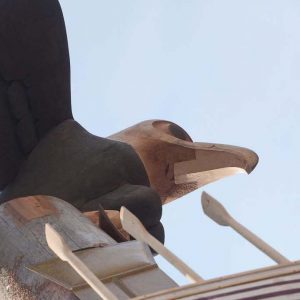
The UBC Office of Equity and Inclusion’s Conflict Engagement Initiative defines conflict as “a difference that matters.” When conflict arises within a group or team, it can be either constructive or destructive. When destructive, it can create division, shut down communication, and lead to resentment. Recognizing the signs of destructive conflict is key to addressing and preventing them. Ultimately, conflict engagement skills encourage reframing conflict as constructive—a pathway to innovation and stronger relationships—rather than a recipe for division and blame.
“The road to inclusion, collaboration and innovation is paved with conflict.” (Differences that Matter)
Conflict engagement skills are a set of interpersonal competencies and priorities that support constructive outcomes. These include, but are not limited to, the following interrelated skills:
- Assertive communication
- Active listening
- Emotional intelligence, emotional regulation, and compassion
- De-escalation techniques
- Setting and respecting boundaries
- Positive relationship cultivation and maintenance
- Problem-solving under pressure
- Feedback and critique delivery
- Inclusive and equitable collaboration
- Finding common ground
- Building consensus
- Negotiation and compromise
- Knowing how and when to seek additional support
“The best things in life are on the other side of a difficult conversation.” (Kwame Christian)
REDI Conflict Engagement Services
The REDI team offers group education sessions designed to help departments, teams, and groups proactively build and strengthen their conflict engagement skills. These sessions enhance communication skills for effective conflict engagement. Learn more.
In addition to proactive education, REDI provides real-time support for high-conflict, responsive situations following an incident. This support includes services such as one-on-one Conflict Coaching, Mediation, and Group Restorative Processes for affected parties. These responsive services aim to bring people together to address specific conflicts or challenges, repair relationships, and support groups in healing—ultimately helping them move toward proactive and positive action.
Learn More
- REDI Best Practices: Conflict Engagement
- Differences that Matter: UBC’s Conflict Engagement Initiative
- Finding Confidence in Conflict: How to Negotiate Anything and Live Your Best Life by Kwame Christian
- Never Split the Difference: Negotiating Like Your Life Depends On It by Chris Voss
- Difficult Conversations: How to Discuss What Matters Most by Douglas Stone
- Daring Greatly: How the Courage to Be Vulnerable Transforms the Way We Live, Love, Parent, and Lead by Brené Brown
- Asserting Yourself: A Practical Guide for Positive Change by Sharon Anthony Bower & Gordon H. Bower
- Emotional Intelligence 2.0 by Travis Bradberry & Jean Greaves
- Self-Compassion by Kristin Neff












